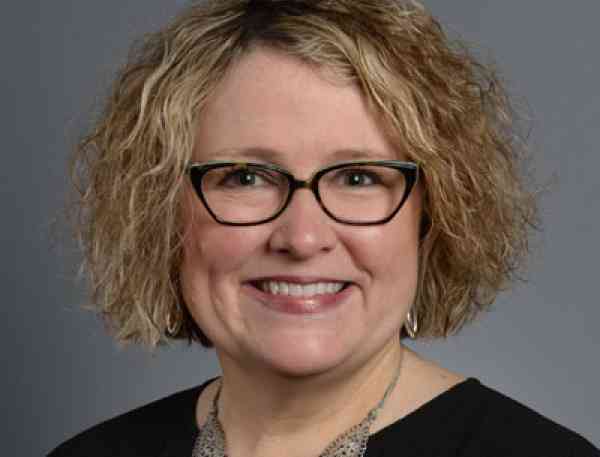
The University of Missouri is working to help special education teachers apply evidence-based practice to better serve learners with cross-categorical disabilities.
The Department of Special Education in the MU College of Education is now offering a master of arts degree in general special education completely online.
No campus visits are required. Teachers, specialists and other educators can pursue their degrees, as they continue to work full time.
The program, one of the first of its kind in Missouri, takes a nuanced approach to special education. “One size does not fit all,” said Erica Lembke, chair of the Department of Special Education. “Students may have a combination of cognitive, emotional and learning disabilities – what we call cross-categorical disabilities.”
Lembke said the new degree program is research intensive. “It will give paraeducators, interventionists, school administrators and other educators a firm grasp of the latest research and show them how to use the best practices that school districts need to adopt,” she said.
Positive behavior intervention supports
One such evidence-based practice is positive behavior intervention supports (PBIS), which helps educators prevent inappropriate behavior by teaching and reinforcing appropriate behavior.
Another best practice in special education is multi-tiered systems of support (MTSS), a process whereby teachers respond to an individual student’s performance with the most appropriate intervention for that student.
The online general special education master of arts option adds to the College of Education’s online master’s offerings in the field of special education, which cover gifted education, autism education, early childhood and autism, and early childhood special education.
“Special education is a critical field of study and there is an incredible demand for qualified special educators,” said MU College of Education’s Kathryn Chval, who is the Joanne H. Hook Dean’s Chair in Education Renewal. “This master’s degree will help equip educators to use research-based interventions and strategies so that they will have a tremendous impact on children, families, schools, and communities.”
Earn your degree in three years
Successful completion of the program requires 33 credit hours. Students can take one or two classes each semester, including summers, and finish their degree in two to three years.
The program is accepting applications until October 1 for classes that begin in January. Applicants must have a bachelor’s degree from a regionally accredited institution. GRE scores also are required.
Learn more about the online master’s degree in general special education.